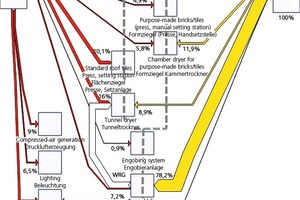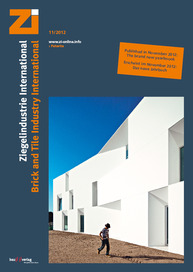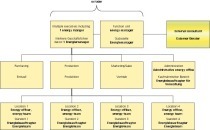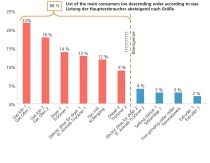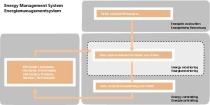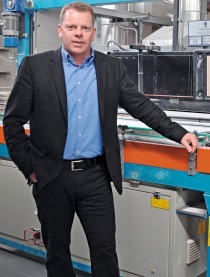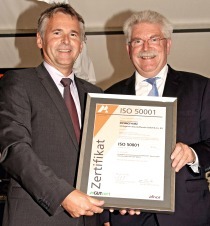Introduction to energy management acc. to ISO 50001
This report describes the procedure and experience gained in the introduction of EnMS in the brick and tile industry and provides helpful hints for its swift, smooth implementation. Apart from the aspect of certification as a prerequisite for refunds and limitations, the only way to...



